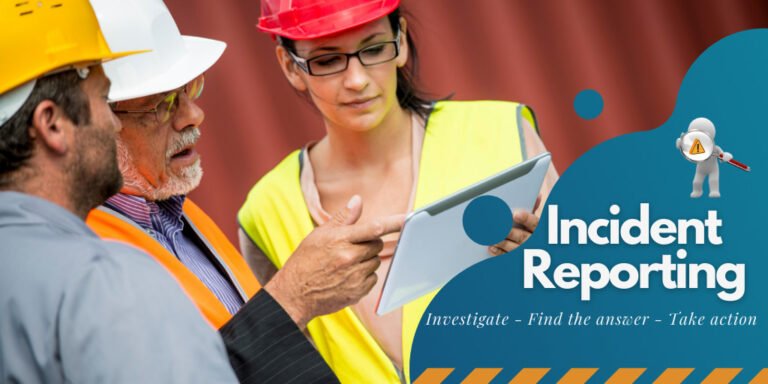Robotics, Automation & Drones in Oil & Gas – One Day USD 150 / Two Days USD 250 Per Pax
Description
-
Introduction to Robotics and Automation in Oil & Gas
-
Evolution of automation in the energy industry
-
The role of robotics and drones in enhancing safety and efficiency
-
Key drivers for automation adoption in oil & gas operations
-
-
Types of Robotics Used in the Sector
-
Industrial, service, and autonomous robots
-
Field robots, inspection robots, and robotic arms
-
Mobile and subsea robotics for offshore operations
-
-
Automation Technologies and Systems
-
Programmable Logic Controllers (PLCs) and Distributed Control Systems (DCS)
-
Autonomous systems for drilling and production
-
Process automation and remote operation centers
-
-
Applications of Robotics in Upstream Operations
-
Drilling automation and rig floor robotics
-
Autonomous underwater vehicles (AUVs) and remotely operated vehicles (ROVs)
-
Reservoir monitoring and well intervention robots
-
-
Applications in Midstream and Downstream Operations
-
Pipeline inspection and corrosion monitoring
-
Refinery process automation
-
Material handling, storage, and logistics automation
-
-
Introduction to Drones (UAVs) in Oil & Gas
-
Overview of drone types and components
-
Benefits: inspection, surveillance, and environmental monitoring
-
Regulatory considerations and flight permissions
-
-
Drone Applications and Data Analytics
-
Aerial inspection of pipelines, flare stacks, and offshore platforms
-
Using drones for mapping, thermal imaging, and leak detection
-
Data acquisition and analysis from drone operations
-
-
Integration of AI and IoT with Robotics & Drones
-
Smart robotics powered by AI and machine learning
-
IoT-enabled monitoring and communication
-
Predictive insights for maintenance and operations
-
-
Safety and Risk Management in Automated Operations
-
Ensuring safety during robotic and drone deployment
-
Cybersecurity and control system protection
-
Human–machine collaboration and risk mitigation
-
-
Operational Challenges and Implementation Strategies
-
Technical, environmental, and organizational barriers
-
Selecting the right technology and vendor partnerships
-
Cost–benefit analysis and pilot project development
-
Case Studies and Global Best Practices
-
Examples of robotics and drone adoption by leading oil & gas companies
-
Lessons learned and measurable performance improvements
-
Benchmarking automation maturity
-
Future of Robotics and Automation in Energy
-
Emerging technologies: swarm robotics, digital twins, and autonomous facilities
-
The future workforce: collaboration between humans and robots
-
Sustainability, efficiency, and innovation in the digital oilfield




